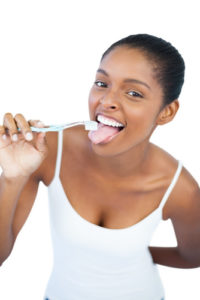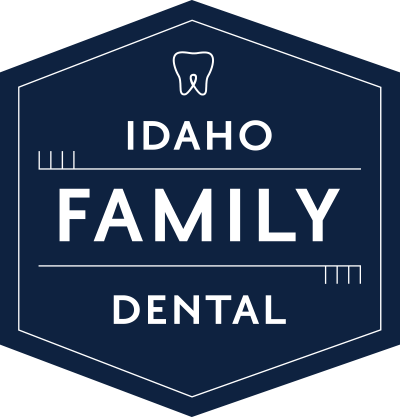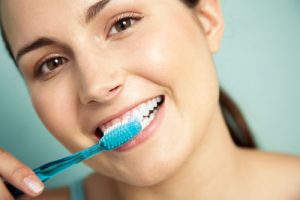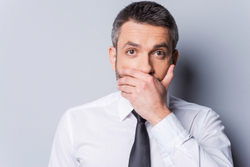 While we recommend that patients brush and floss daily, they may wonder how much brushing they should do during each session. That is a good question, as you don’t want to avoid brushing, nor do you want to overdo it. The following information can help you maintain a routine brushing and flossing schedule without concern.
While we recommend that patients brush and floss daily, they may wonder how much brushing they should do during each session. That is a good question, as you don’t want to avoid brushing, nor do you want to overdo it. The following information can help you maintain a routine brushing and flossing schedule without concern.
What Time Limit Should I Place on Brushing My Teeth?
When you brush your teeth, you should always use a soft bristle brush or an electronic toothbrush with a soft brush head. Plan on spending about two minutes on the activity. You may spend a little bit longer if you have teeth that are hard to reach and clean. The whole idea is to correctly brush your teeth. Therefore, the time you spend (about two minutes) will be time well-spent. When you brush your teeth, place your toothbrush at a 45-degree angle against the gums. Gently move in a back and forth motion, making sure the strokes cover teeth. You should brush the outer surfaces, inside surfaces, and chewing areas of the teeth. Don’t leave any part unbrushed.
Why the Two-minute Time Limit?
Dental professionals have determined that two minutes is an adequate amount of time for cleaning all areas of the teeth. Also, when you brush, don’t forget to include the tongue. The tongue holds bacteria that can cause halitosis. In addition, you should never rinse immediately with water after you brush your teeth. Doing so will strip away the effects of the fluoride. Instead, merely spit out the additional toothpaste. That way, you can ensure that the toothpaste will do its job. In fact, leaving some of the toothpaste residue on your teeth overnight will provide a protective coating while you sleep.
If you would like to schedule a professional cleaning and exam, we can arrange a time that is convenient for you. Make sure you continue to brush and floss to maintain a healthy smile. See us every six months to support good dental health and prevent any serious dental problems.




